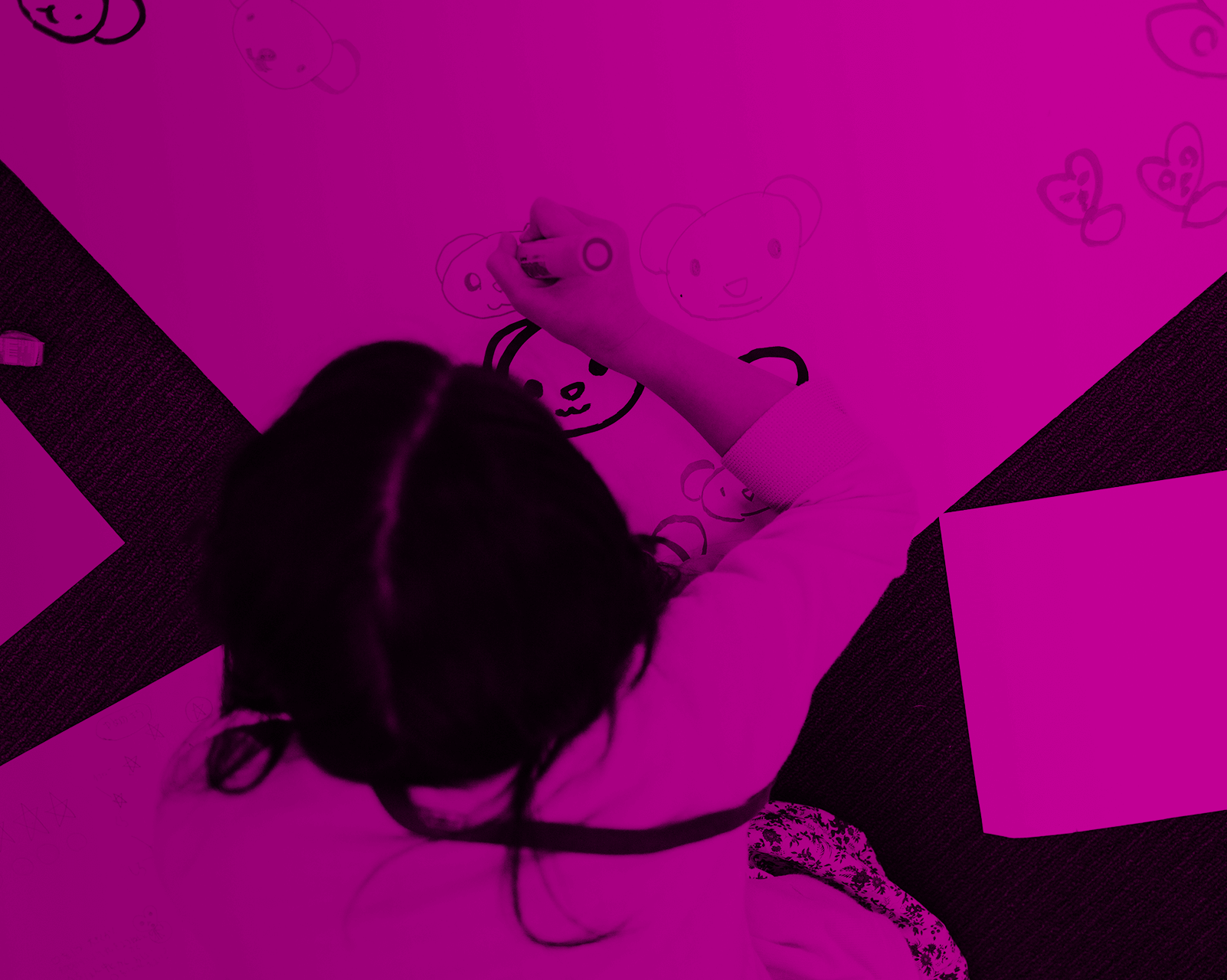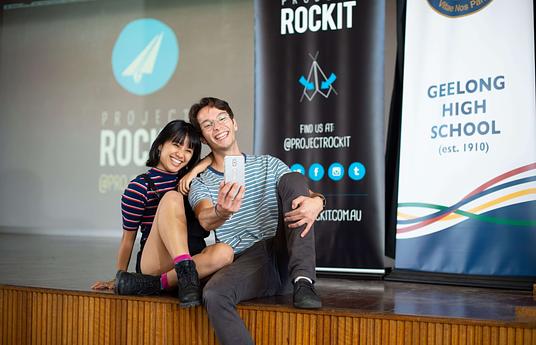My name is Mark Van Ryzin and I am an educational researcher. In my work, I have found that peer learning (also known as cooperative learning) has a wide range of benefits - it enhances student engagement and achievement, peer relations, prosocial behavior, and social-emotional skills, and reduces bullying and victimization, stress, mental health problems, and alcohol and tobacco use.
All of these benefits are available simply by changing the mode of instruction - teachers and schools do not have to sacrifice instructional time for an outside activity or program. Instead, students gain these benefits while they learn. In addition, peer learning is not limited to elementary school, like so many other educational innovations, but is just as powerful in middle and high school.
However, teachers encounter a few challenges when implementing peer learning, including: (1) ensuring that peer learning provided the most positive student experience by including all the essential design elements; and, (2) managing the flow and timing of the activities to complete the lesson on time and dealing with unexpected disruptions, such as students leaving class early or arriving late.
Thus, I developed a mobile software application called PeerLearning.net that provides easy-to-use organizational templates with workflow support that teachers can use to automate the design and delivery of evidence-based peer learning activities. All the essential elements are built into the templates to ensure a high-quality lesson design, and the app manages the delivery of the lesson so that the teacher can focus on helping those students and groups that need the most help.
As a result, teachers can deliver higher quality peer learning lessons, and obtain all of the associated benefits for their students (i.e., achievement, behavior, social-emotional skills), and can deliver them more often, with less time and effort. As a software application, PeerLearning.net can rapidly scale up to support the delivery of peer learning lessons in any number of locations around the world.
My hope is that PeerLearning.net can promote the universal adoption of group-based peer learning activities and bring about a global improvement in school climate, greater equity in educational opportunity, and widespread improvements in adolescent health.



